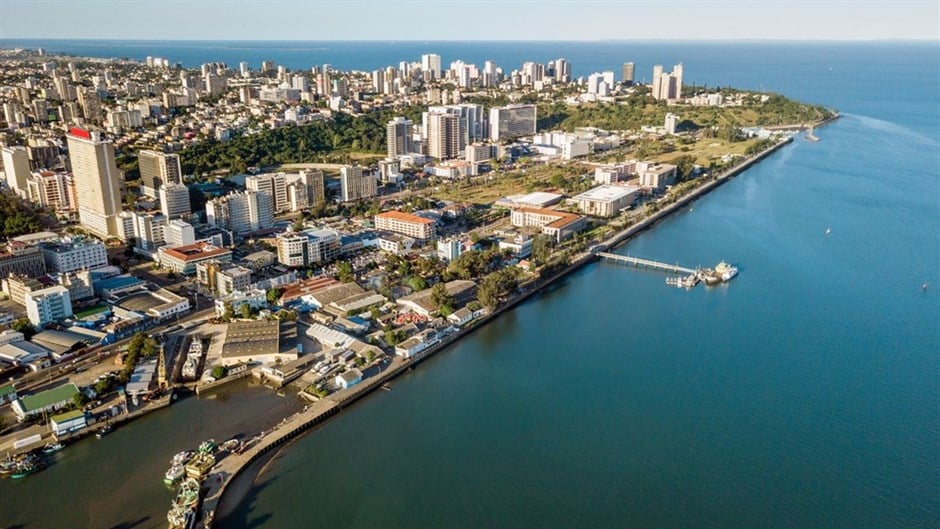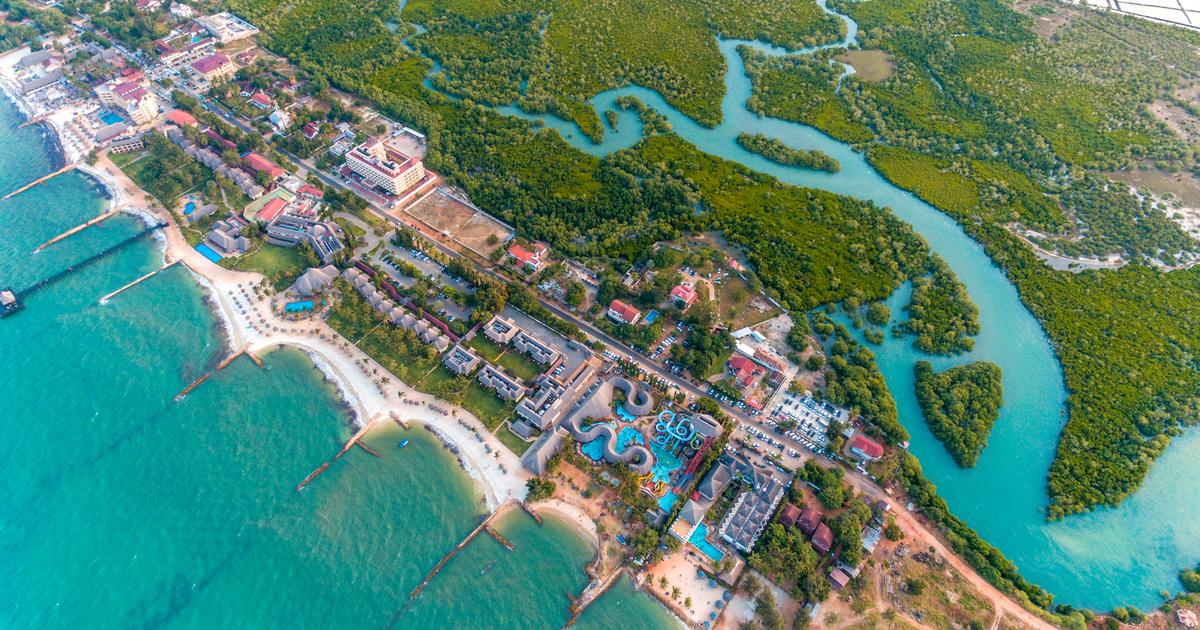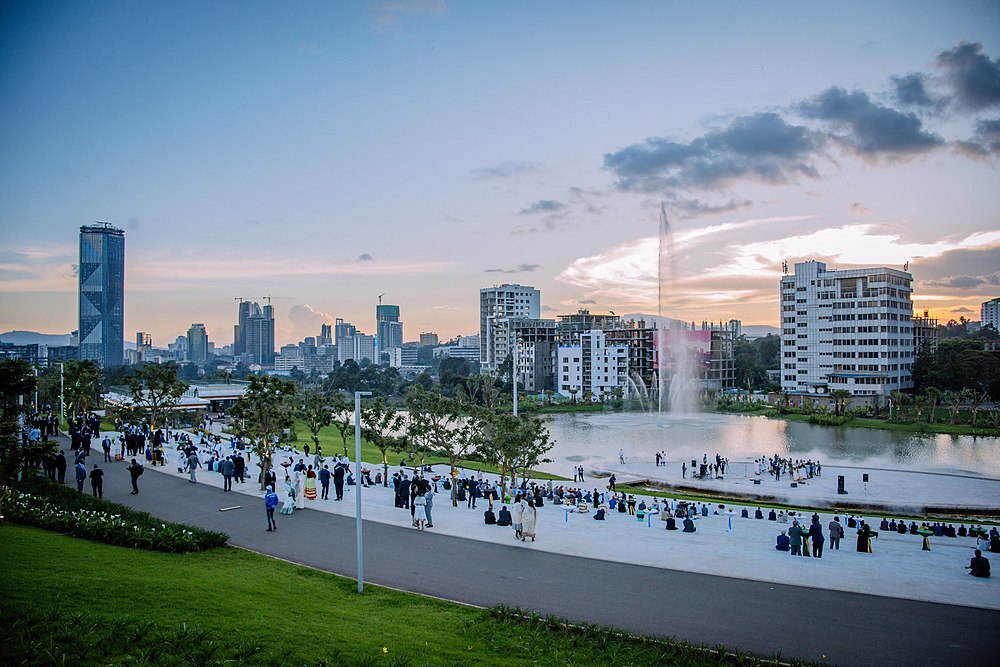In a hypothetical scenario where Africa moves towards a federated system, choosing a central capital becomes a critical task that involves various geopolitical, economic, and cultural considerations.
This decision would symbolize unity and serve as a strategic hub for the continent’s administration and diplomacy. Here, we explore five leading cities that could potentially serve as the capital of a federated Africa, ranked from potential contenders to the most suitable choice, based on infrastructure, accessibility, political stability, and cultural significance.
Abuja, Nigeria
Starting the list is Abuja, the capital of Nigeria, one of Africa’s most populous nations and its largest economy. Abuja, designed specifically as the capital in the 1980s, offers modern infrastructure and a strategic location within the West African region.
Despite its relatively recent development and planned structure, concerns about Nigeria’s internal security challenges could be a significant drawback in its bid to become the federal capital of Africa.
Dar es Salaam, Tanzania
Next is Dar es Salaam, which was the capital of Tanzania before Dodoma. This city remains the most populous and economically significant in the country.
With its bustling port and status as a commercial hub, Dar es Salaam represents East Africa’s rapid urban growth and development. However, it might be limited by its less central geographic location in relation to the entire continent.
Kigali, Rwanda
Kigali, the capital of Rwanda, is renowned for its cleanliness, orderliness, and safety, setting a benchmark for urban management in Africa.
The city’s strategic location in the heart of Africa and its reputation for political stability and rapid economic growth make it a strong contender. However, Rwanda’s smaller size and lesser geopolitical influence compared to Africa’s giants could pose challenges in its candidacy.
Addis Ababa, Ethiopia
As the headquarters of the African Union, Addis Ababa is already a significant player in continental politics. Located in the Horn of Africa, it has a storied history of diplomacy and is considered the political capital of Africa by many.
Its established diplomatic infrastructure and experience in hosting international summits make Addis Ababa a near-ideal choice. Nonetheless, ongoing regional conflicts and internal political tensions could affect its viability.
Cairo, Egypt
Topping the list is Cairo, Egypt’s sprawling metropolis that combines historical gravitas with modern urbanism. Cairo’s geographical positioning at the nexus of Africa and the Middle East, along with Egypt’s significant historical contributions to civilization, make it a symbolically potent candidate.
Its established infrastructure, cultural landmarks, and longstanding diplomatic prowess position Cairo as a frontrunner for the capital of a federated Africa.
Each city brings unique strengths and challenges to the table, reflecting the diverse tapestry of Africa.
The choice of a capital for a federated Africa would need to balance practical considerations with symbolic value, ensuring that it represents the continent’s aspirations and diversity.
While the debate over the ideal location could be extensive, the discussion itself would foster a sense of unity and shared destiny among African nations.
In concluding, the decision for a capital city in a unified Africa would not only require assessing current infrastructures and capabilities but also envisioning future potential.
The process would involve extensive deliberations among member states, reflecting the continent’s complex mosaic of cultures, languages, and histories.
This narrative isn’t just about geographical centrality but about a city that can epitomize the spirit of a united Africa, poised to face the challenges and opportunities of the future together.



